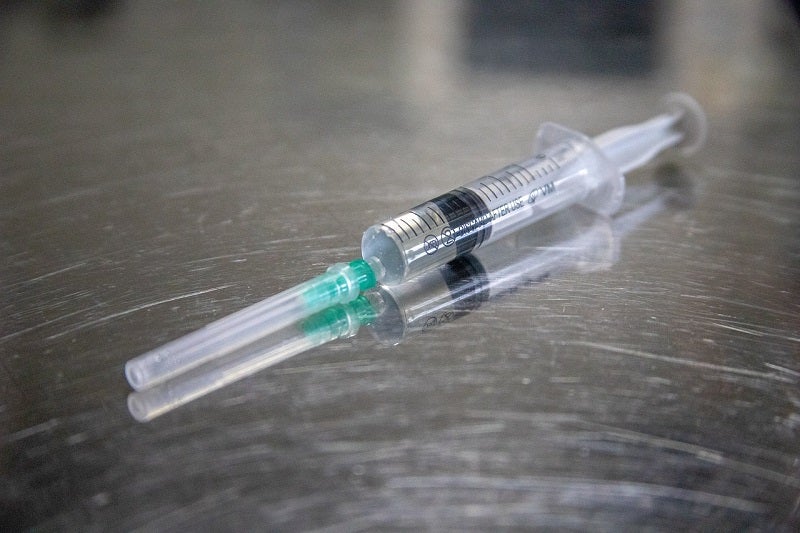
The US Food and Drug Administration (FDA) has approved Provention Bio’s biologics licence application (BLA) for Tzield (teplizumab-mzwv) to treat type 1 diabetes (T1D) patients.
The anti-CD3-directed antibody Tzield aims to delay the onset of Stage 3 T1D in adults and children aged eight years and above who are currently with stage 2 T1D.

Discover B2B Marketing That Performs
Combine business intelligence and editorial excellence to reach engaged professionals across 36 leading media platforms.
It is claimed to be the first and only immunomodulatory treatment for T1D and is provided as a sterile, preservative-free, clear, and colourless solution in a 2mg/2mL (1mg/mL) single-dose vial for intravenous use.
Tzield is administered as a once-daily intravenous infusion for 14 consecutive days.
Provention Bio co-founder and CEO Ashleigh Palmer said: “This is a historic occasion for the T1D community and a paradigm-shifting breakthrough for individuals aged eight years and older with Stage 2 T1D who now have a therapy approved by the FDA to delay the onset of Stage 3 disease.
“It cannot be emphasised enough how precious a delay in the onset of Stage 3 T1D can be from a patient and family perspective; more time to live without and, when necessary, prepare for the burdens, complications and risks associated with Stage 3 disease.”

US Tariffs are shifting - will you react or anticipate?
Don’t let policy changes catch you off guard. Stay proactive with real-time data and expert analysis.
By GlobalDataTzield was evaluated in the placebo-controlled, double-blind, randomised, event-driven TN-10 clinical trial, for delaying T1D (Stage 3, or clinical T1D) in Stage 2 T1D patients.
It was conducted on 76 participants aged eight to 49. They received a 14-day course of either teplizumab or a placebo.
Provention Bio stated that Tzield delayed the median onset of Stage 3 T1D by 25 months, or nearly two years, compared to a placebo in a clinical trial.




